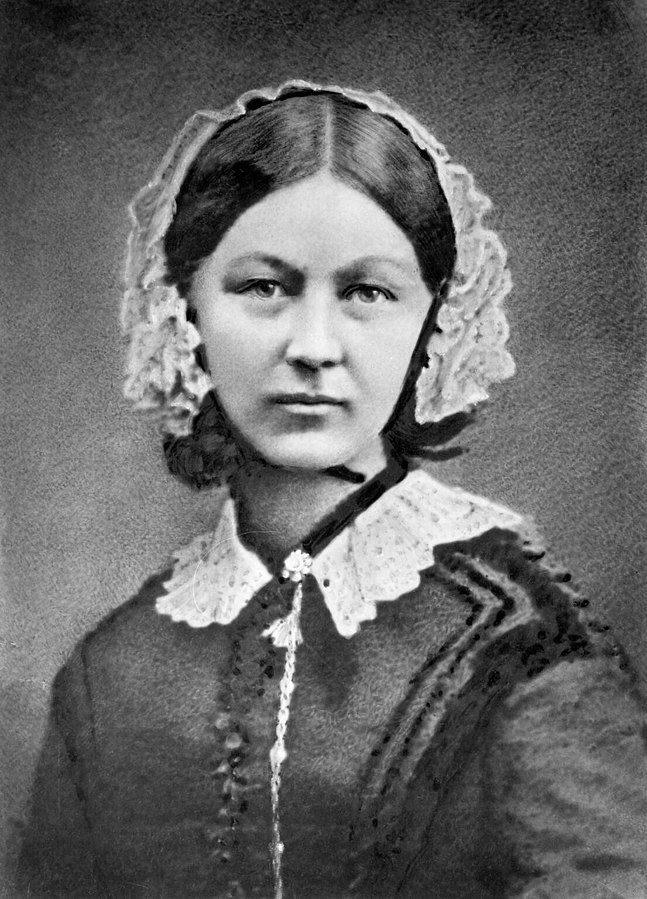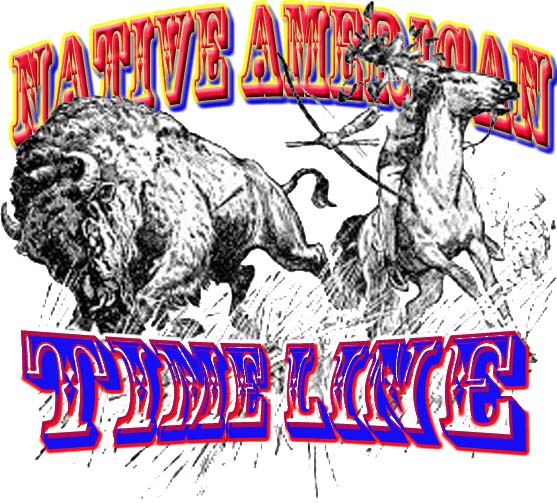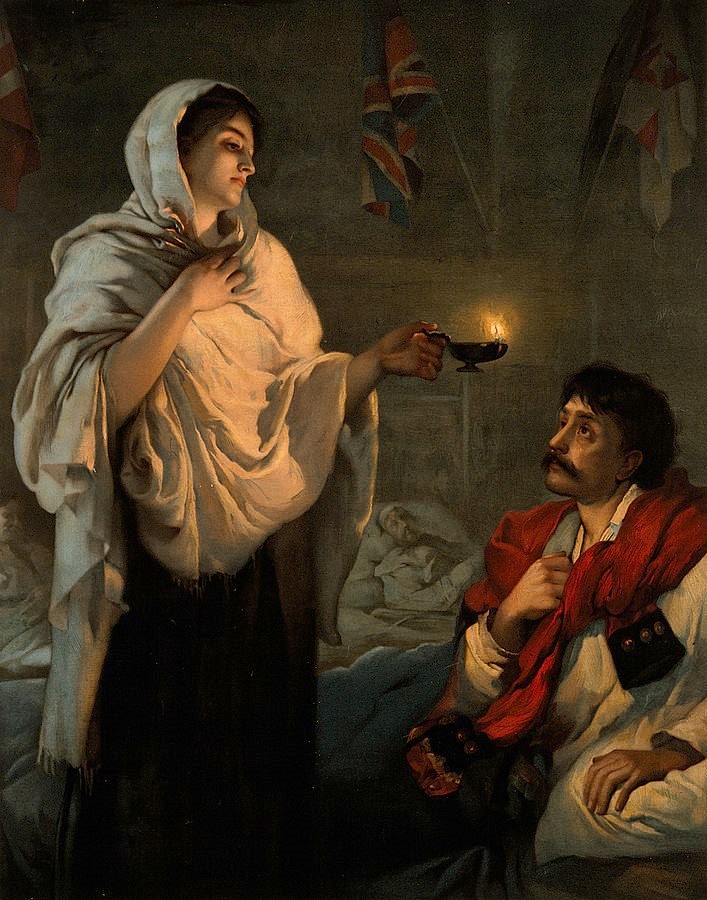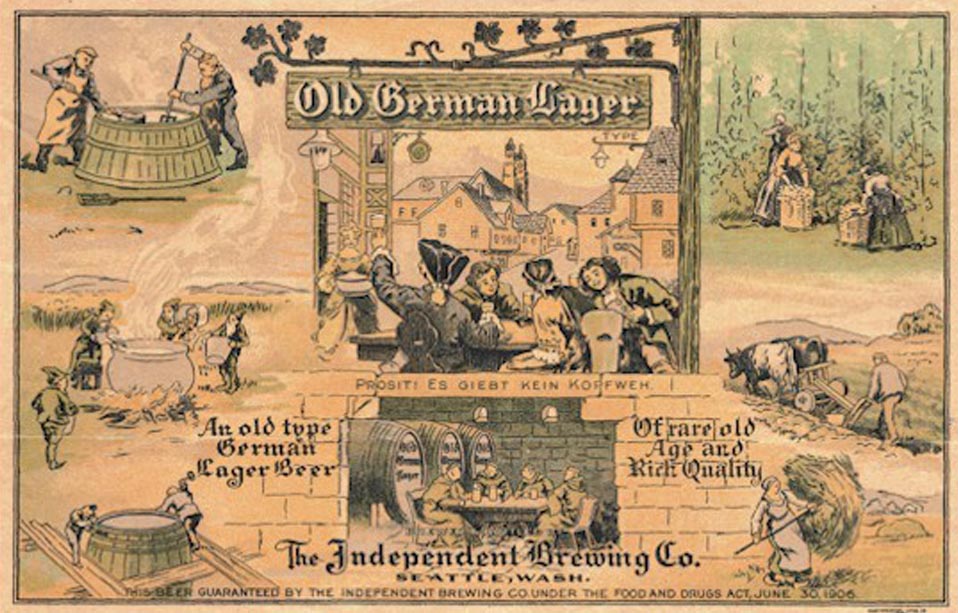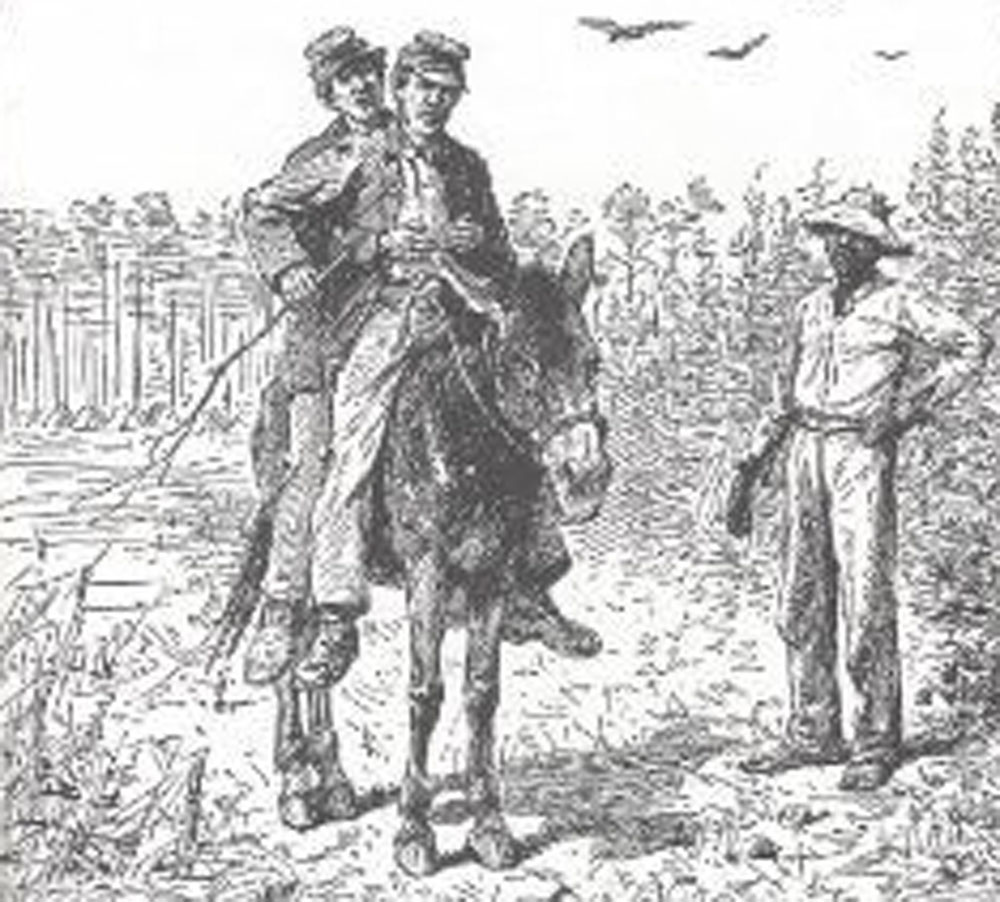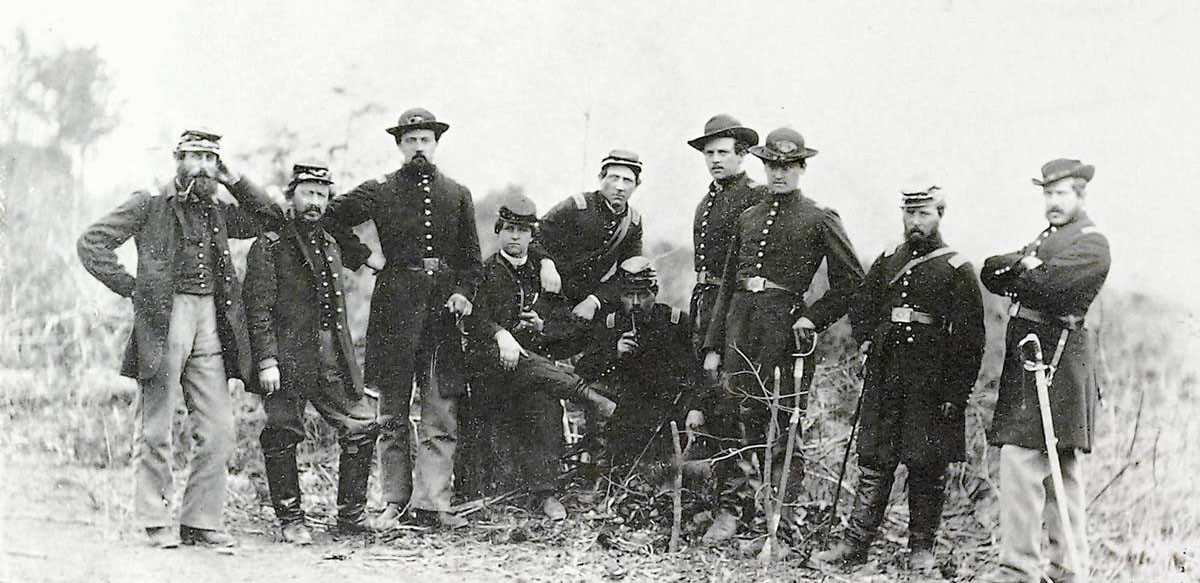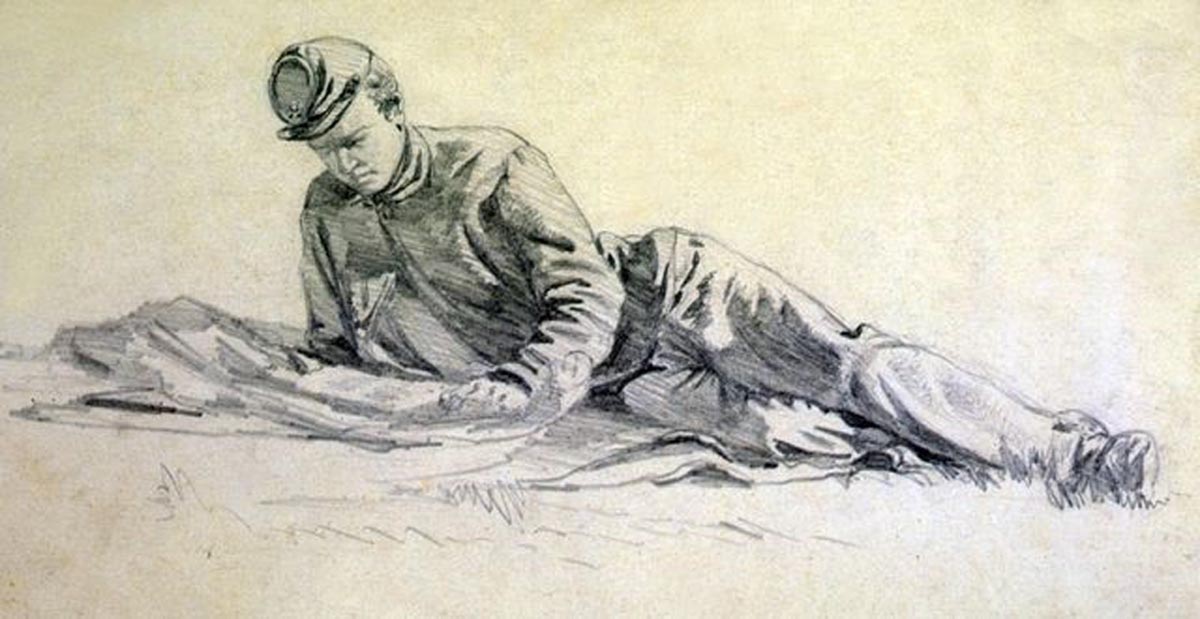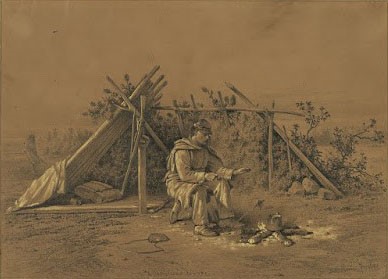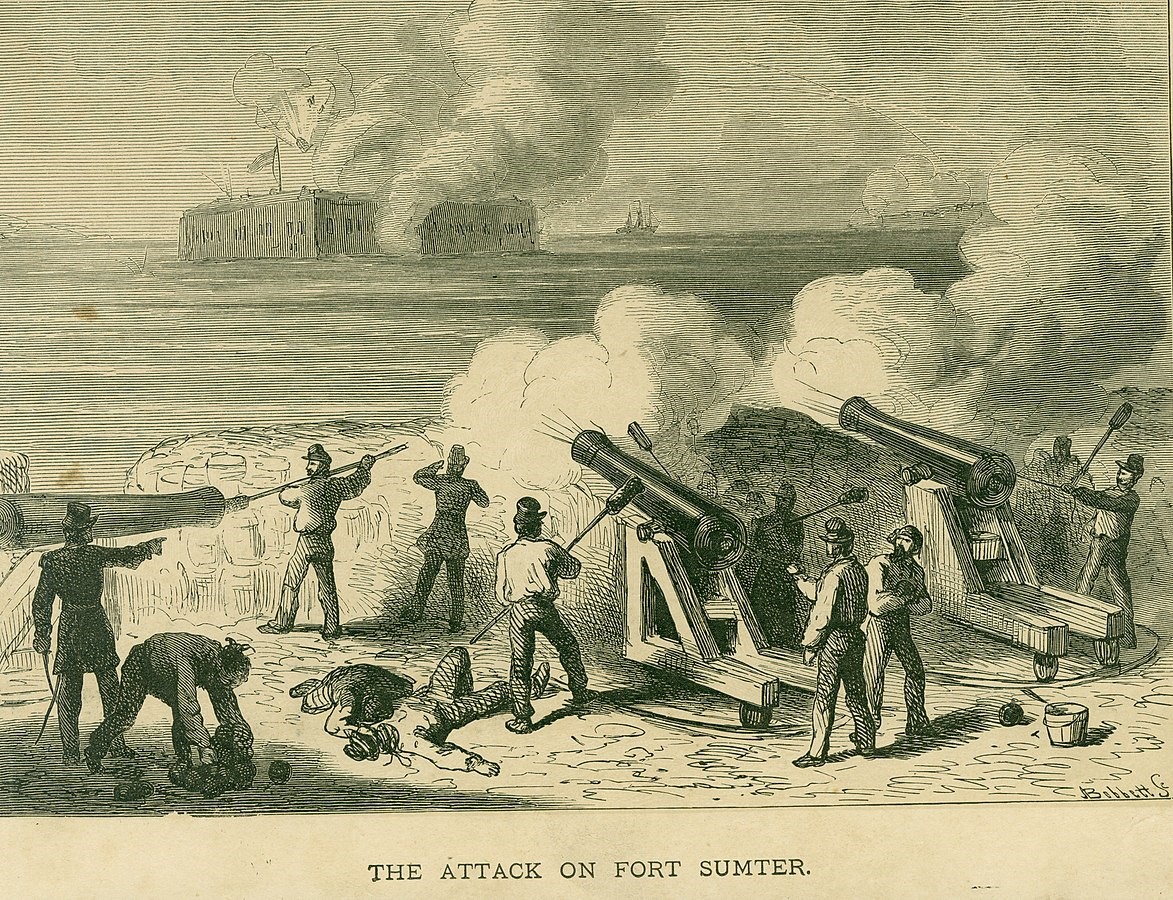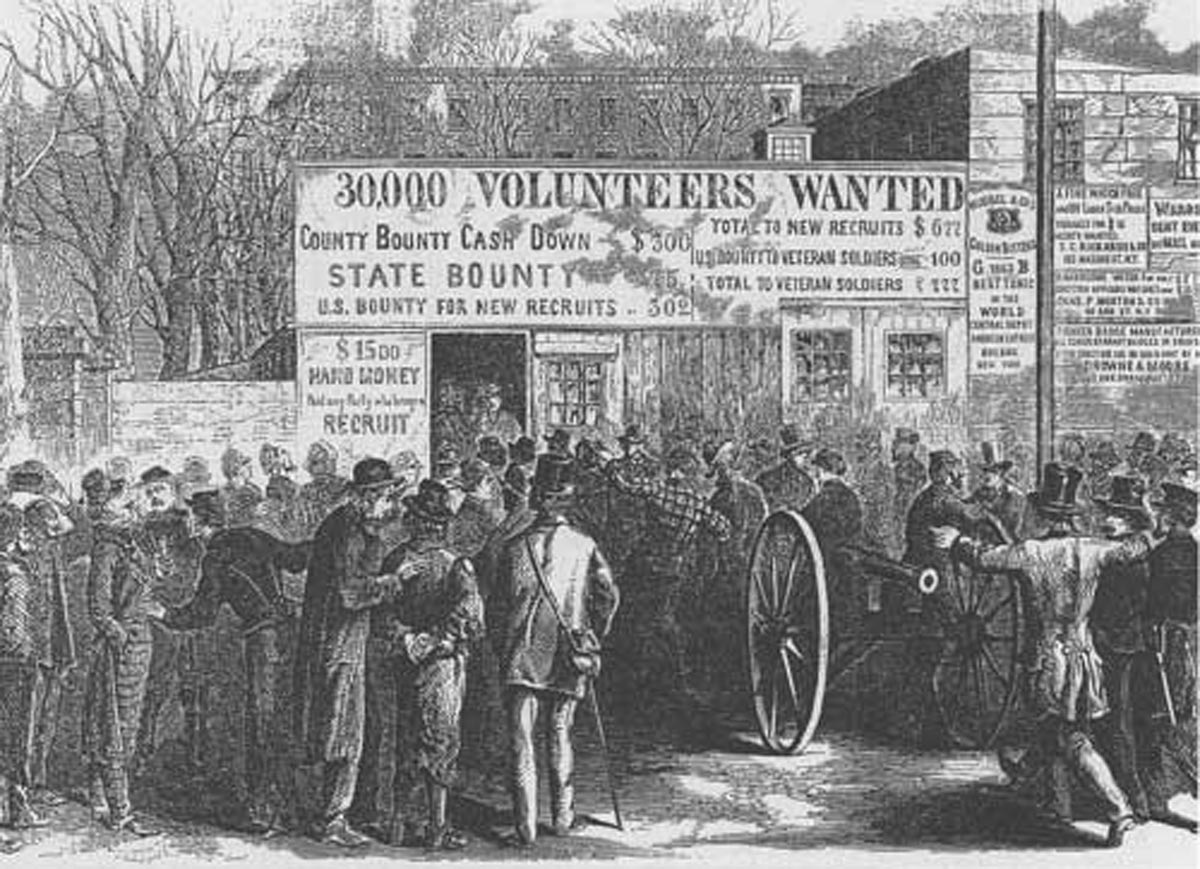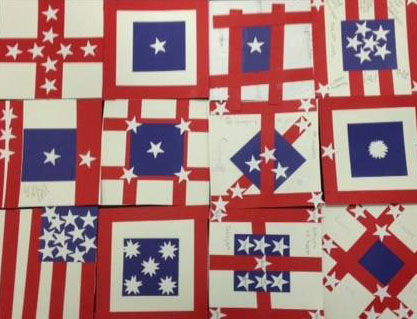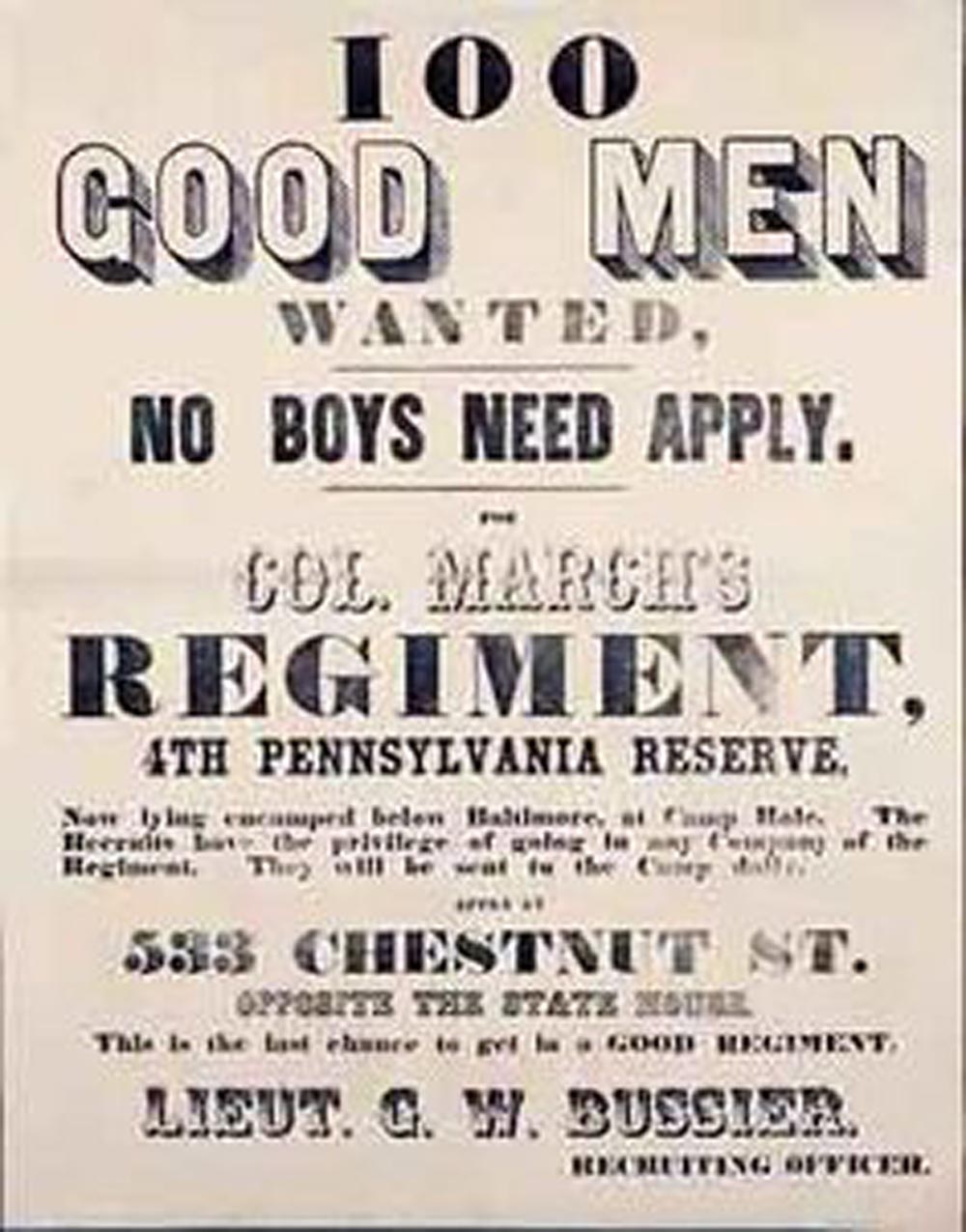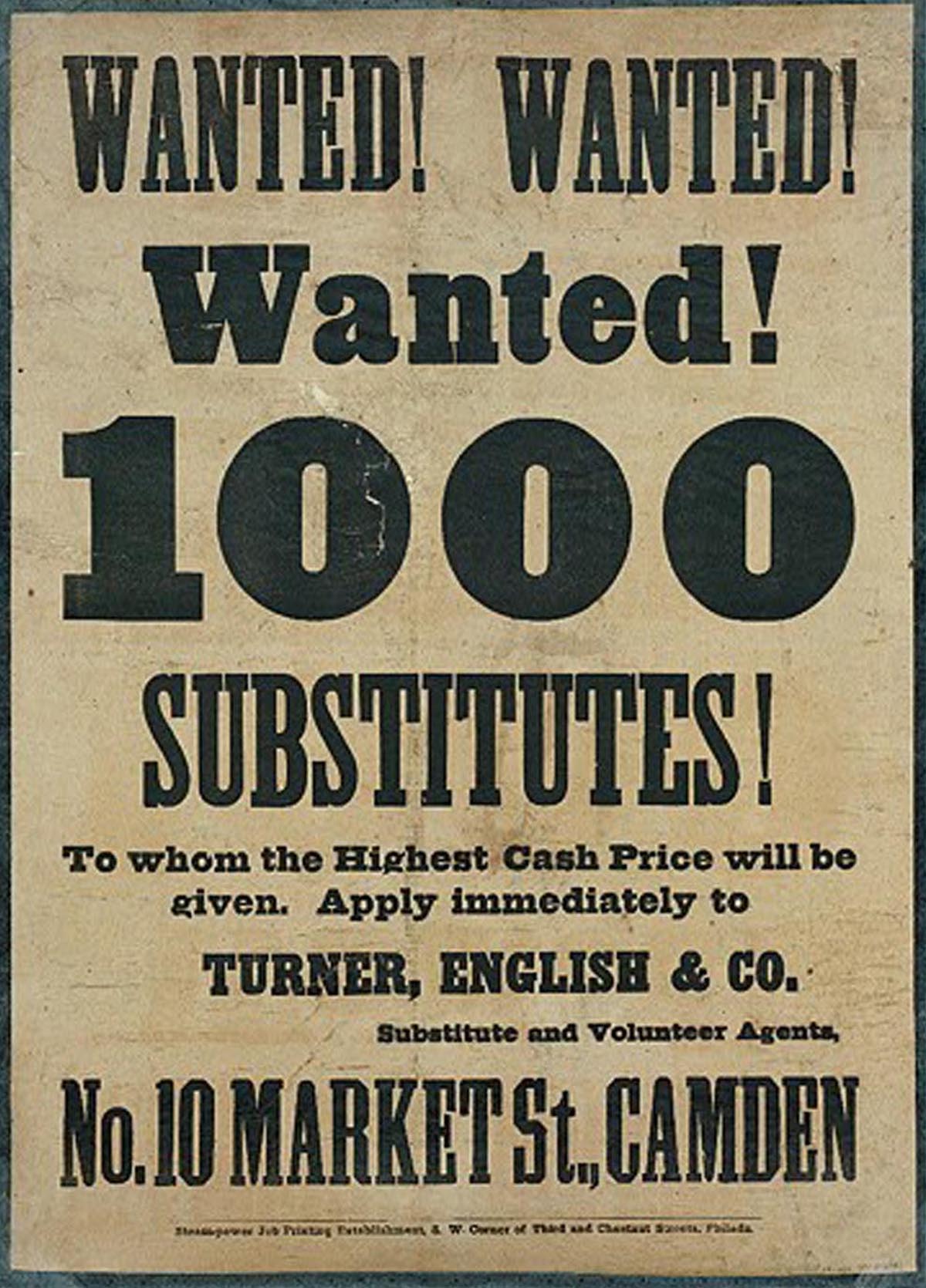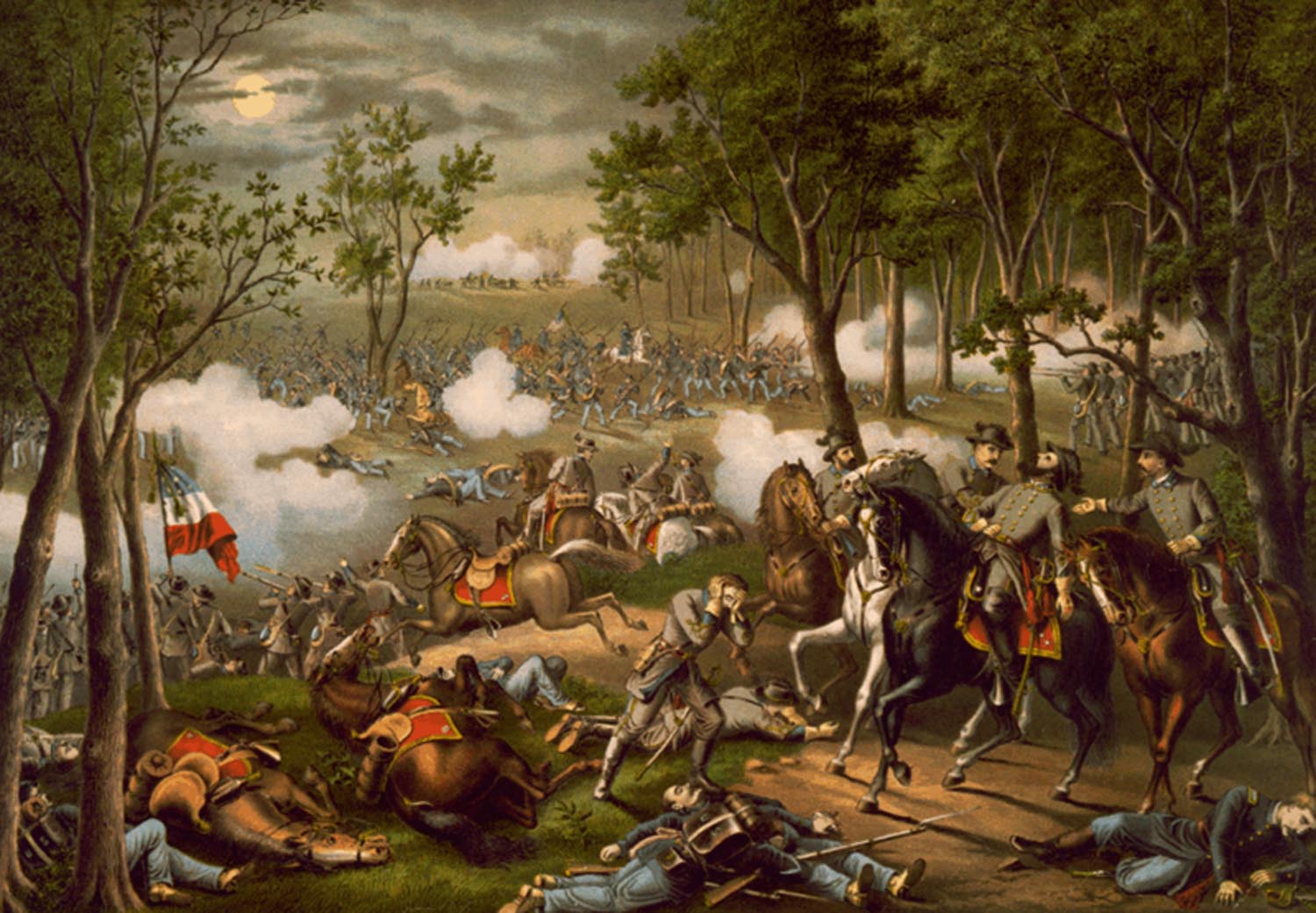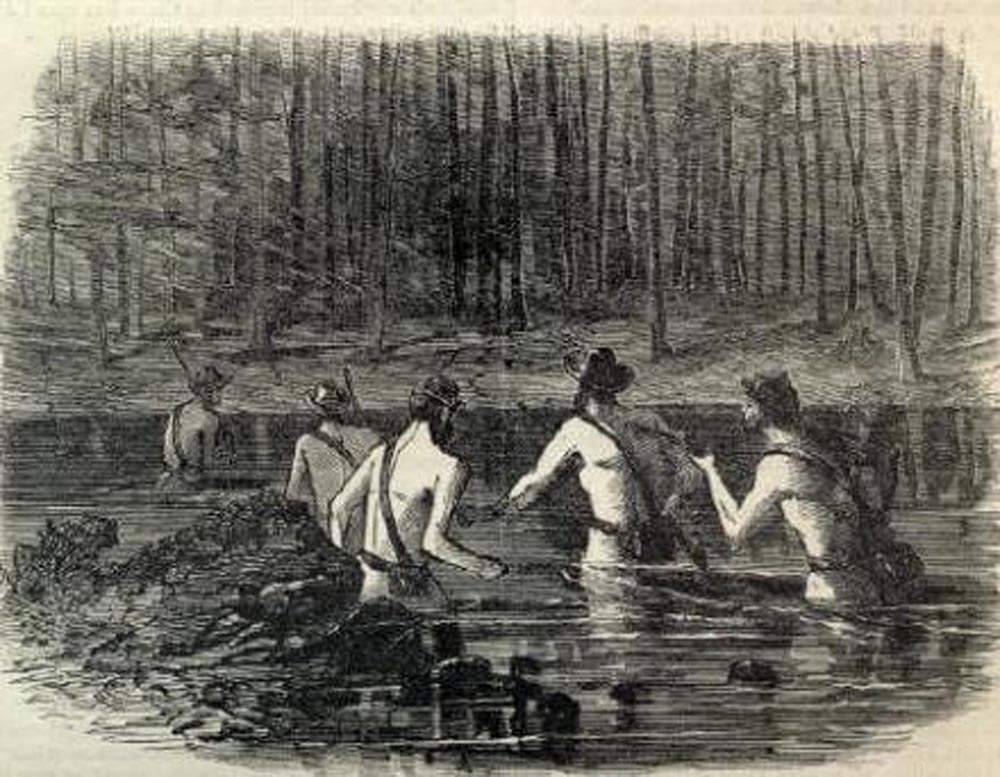Rachel read about how she took notice of the dirtiness and deterioration of the military hospitals. The conditions in the hospitals were dreadful, and wounded men were sleeping in overcrowded, dirty rooms without any blankets. Wounded soldiers often arrived with diseases like typhus, cholera, and dysentery. She saw that more men died from these diseases than from their injuries. Often, the soldiers were not even given food and medicine to help them get better.
Florence Nightingale
The army doctors did not want the nurses helping. Soon after they arrived, however, there was a huge battle, and the doctors realized they needed help. Florence Nightingale knew that if the doctors were going to allow her nurses to work, they must be excellent at their jobs.
Lady with the lamp Miss Nightingale at Scutari Hospital
Rachel fully embraced the Nightingale effect, where a caregiver would develop a romantic feeling for a patient, even if very little communication or contact took place aside from basic care. She believed that feelings would fade once the patient was no longer in need of attention. The two sisters, Rachel and Ruth, enjoyed a lifetime close relationship. Whenever they were apart, they always communicated daily with a short letter.
For the boys, playing War was fun. You could shoot at anything by just using your forefinger of either hand. Your guns never ran out of ammunition or bullets. And if you made a good “bang” sound, it was quite a believable hand toy. But the best part of playing War was playing dead. You were judged by the other boys on how good an actor you were. An even better part of the game was that you could get up after being killed and keep on playing War again and again with the same results. Nobody really died. It was just a fun game.
Sometimes though, things got a little rough out there in the brush. One time, one of David’s cousins was using a stick like a rifle, and as he was running, the stick became lodged between two trees and broke. The broken piece struck the boy on the right side of his face, and it gave him quite a cut that later left a small but deep scar.
This young lad did not complain; he brushed it off by saying, “I drew first blood,” and along with the other boys, they all had a great laugh.
Jonah Godfreed, Chunky’s father, ran a brewery on his farm. He grew grain, hops, and everything he needed to make beer that the local German people drank. Previously, beer had been brewed at home, but the production was now successfully replaced by medium-sized operations like Jonah Godfreed’s, with about eight to ten workers. Jonah Godfreed’s beer was brewed the old German family way, which he kept a secret to himself.
Old style German beer
Beer, one of the most common drinks, was consumed daily by all social classes, where grape cultivation was difficult or impossible. Though wine of varying qualities was the most common drink in the South, beer was still prevalent in the North. Beer became vital to everyone in the grain-growing community.
David worked with Chunky at the brewery, and at one time, they talked about starting out on their own making beer. These two young men could provide for their families at an early age, and they often did so.
The war trumpet heralded the outbreak of the Civil War in the Autumn of 1862, calling for recruits to strengthen the Union forces. Robert E. Lee’s army threatened a northern invasion, and more men were needed to repulse the enemy. Northampton County, instead of a draft, raised an entire regiment of volunteers. Like many young men at that time, David’s first thought was the duty to his country. Even though his father and mother disapproved, David entered the service.
“Home Henry”
David and Chunky rode together on the same mule, named Henry, on the way to enlist. When they got there, all they had to do was turn him loose and swat him on the butt, then shout, “Henry, home,” and the mule would find his way back to the barn. David and Chunky enlisted together in Company D.
The Morning Call – 153rd Pennsylvania Volunteers
David was an avid reader, and he would devour any books he saw. His penmanship was impeccable, and he also mastered numbers.
The officers were aware of David’s skills, and he was, therefore, quickly assigned to the position of company clerk. He did not enjoy sitting at a desk doing paperwork, preferring to be outside, but David was a great help to the men who could not read or write. He would read them their mail and help them write letters to send back home.
David kept a journal of his personal experiences and of the men around him. He kept it tucked inside the cover of his Bible in his haversack (a small, sturdy bag carried on the back or over the shoulder, used mainly by soldiers). One day, he opened the diary to the first page and made his first entry.
Dear diary
No date:
First, I think of the home-leaving. The sad thoughts of separating from dear ones and the comforts of home. To engage in the turmoil of War—for which I have no taste whatever. Why did I, with others, decide to enlist and join the 153rd regiment? It was in response to the call of my country in her great struggle. That call was stronger than the ties which bind us to our loved ones. We spent a few days in Easton, our county seat, where we received our first military training. We were then moved on to Harrisburg and quartered in camp Curtin. One of my most distinct recollections is that I was glad to get away from the place, though it meant going to scenes of active service. The sudden transition from home life to the camp life had a deleterious effect upon my health; it was not long until I could relish the soldiers’ diet; even a piece of bacon scorched over a hasty fire on the march. The boys had concluded that comrade Moore would get us about as near to the front as he could. My reply to them was, “boys, if you keep up with me from now on, you will do well,” and my prediction proved quite correct.
Native Americans Tribes & Peoples – part 2
Soldier’s shelter and bacon over open fire
Chunky was very musically gifted from an early age. His voice could always be recognized in church, singing the different parts of the choir. He loved to play the guitar, but strings were hard to get. He found it was easy to carry a drum, so he made his own and always had one or two with him. He could sight-read music very well and later would often be called upon to lead the company band. Writing poems and putting them to music with the guitar was his favorite pastime.
But Chunky had a definite plan of action, and he had a very mature attitude about his future. Joining the army would be his steppingstone from the farm to the medical corps, then on to medical school. He had already proven his scholastic abilities by being at the head of his class each year. Chunky was very humble about his skills and always made his peers feel celebrated. Everyone that met him got an excellent first impression.
At the time of the organization of the 153rd Regiment Pennsylvania Volunteers Infantry, David Knauss was 21 years old. Most of the regiment’s officers and enlisted men were close friends or neighbors. Raised to war fever by the attack on Fort Sumter, he was among the first to respond to his country’s call.
The attack on Fort Sumter
To him belongs the honor of being one of the first who rendered his services to the government and was accepted. His inborn military spirit and patriotic impulses prompted him to respond to President Lincoln’s call for 75,000 men in the year 1861. This noble act gained him the esteem and well-placed confidence of the other men he had encouraged to seek early enlistment.
President Lincoln’s call for 75,000 men
No date:
I was ready when the War broke out, but, my parents refusing their consent to my enlistment, I went over to Kaston and went to work on the Lehigh valley railroad, and when the 153rd was being made up I stole myself away from my parents and enlisted in Company D. I do not know who wrote to my family about this, but when it was time for us to leave, my mother was there to see us off. She gave me a new hand-knitted scarf, a copy of the family tintype, and a kiss on the cheek. I keep the tintype in my shirt pocket at all times.
Quilt squares scarf
David closed the diary and placed it in the front cover of his Bible. Then he very ceremoniously wrapped the books in the scarf that his mother had given him. He could still smell her scent on the handmade cloth as he placed it in his haversack.
Recruiting Poster Pennsylvania Reserve Civil War
The examining surgeon and mustering officer tried to run some of the men in as substitutes. With the Enrolment Act, the Civil War truly began to be known as “a rich man’s war and a poor man’s fight” throughout the entire nation. It was possible, with enough money, to hire someone to take your place in the draft: a “substitute soldier.”
Poster for Substitute Soldiers
The $300 commutation fee was an enormous sum of money for most city laborers or rural farmers. And the cost of hiring a substitute was even higher, often reaching $1000 or more.
When David refused to do so, they offered him $1100. David told them, “There is not enough money in the State of Pennsylvania to hire me as a substitute soldier for another man.”
The Battle of Chancellorsville
Chunky and David were conspicuous in the two battles – Chancellorsville and Gettysburg – and in both these significant conflicts, they were entitled to great credit for their soldierly conduct.
By the time the regiment passed Washington and reached the camp on Virginia soil, the devastation of War had become real. And some of the boys began to realize that entering the army was not going to be a picnic. They began to learn that privations were a part of a soldier’s life and to think of the good things they had left behind at home. The cloudy water of this place did not compare with the limpid streams of old Mt. Bethel’s hillsides and the pure water which bubbles up from the base of the blue mountain in sight of their home. They missed the cakes and pies of their mothers’ tables.
One of the boys was heard to say, “Oh! If I only could get home to get a drink out of our old spring!” But they were told to be courageous, for they had enlisted in a cause of good and could afford to undergo self-denial.
No date:
The Blue Mountain boys were as worthy in soldierly qualities as the ‘Green Mountain boys’ of revolutionary fame. From close and constant relations with these men of my company during the ten months we were together, I can say they were men that could be relied upon for the doing of faithful duties whenever called upon. When our regiment reached Alexandria, we were shown the building in which the young and gallant colonel Ellsworth was shot while descending the stairs from the roof where he had replaced the national flag, which had been pulled down.
Soldiers crossing the river
After the winter of ’62 and ’63, the spring gave indications of active service all along the lines of battle. The entire army of the Potomac, then encamped on the north bank of the Rappahannock (rap-pa-han-noc) River, was ordered to be in readiness for an aggressive movement. On the morning of April 27, 1863, the advance began. The army moved in three columns, crossing in different places. General Hooker’s plans for getting his army across the river were well-made and accomplished. Having his forces now just where he wanted them and the positions and other conditions satisfactory, he was much pleased. His address to the men was the occasion of great enthusiasm all along the line.
How successful his plans were remained to be told. At this time, it was confidently expected that by the movements then going on, all railway communications between General Lee and his base of supplies would be severed. The Army of the Potomac was now supposed to be in such a position that there was nothing to prevent it from moving successfully on the enemy.
>>>Click here <<<
Next: The diary and memories of a Civil War soldier – part 2 – picture book – 1
